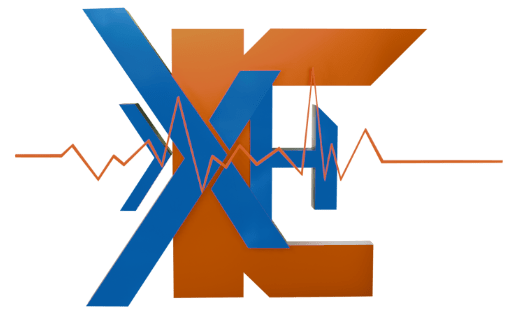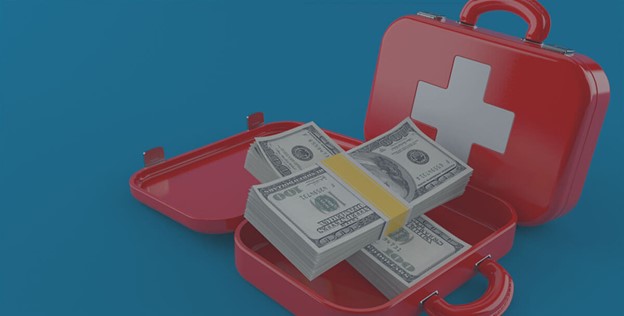CORONAVIRUS PANDEMIC: STRETCH YOUR FINANCES
January 30, 2022
THE COVID-19 PANDEMIC AND HOW NOT TO MISS BILL PAYMENTS
February 1, 2022
The coronavirus pandemic has already dealt a severe blow to the American economy and has caused financial insecurity for countless citizens. The situation seems poised to get worse before it gets better. If you’re experiencing financial hardship – such as a job loss or reduced income – because of COVID-19-related circumstances, there are local, state and federal assistance programs available.
Here are some of the resources you can turn to for financial assistance and relief during the COVID-19 pandemic.
Financial Assistance
In these difficult times, financial assistance programs can help you by providing you with money and other forms of assistance.
- Government Stimulus Checks
An historic stimulus package is nearing passage in Congress that will inject trillions of dollars into the economy and provide direct payments to 150 million American households. The amount you receive depends on how much you declared in 2018 or 2019 (depending on whether you’ve filed your 2019 tax returns yet) and how many dependents you have. “The Washington Post” has a calculator that can help you figure out how much you will receive.
You do not have to do anything to receive a direct payment if the government determines you are eligible. Don’t expect a payment in your mailbox or bank account right away if the legislation passes as expected. It might take weeks to process.
- Unemployment Benefits
The state in which you worked may be able to provide you with full or partial unemployment benefits if you lost your job or reduced your income due to the COVID-19 outbreak. States have different eligibility requirements and documentation requirements. Use this map to find unemployment resources in your state.
- Small Business Administration Loans
Do you own a small business? Small businesses and nonprofit organizations can receive low-interest loans through the Small Business Administration (SBA). Under the Economic Injury Disaster Loan Program, the SBA provides emergency loans up to $2 million to help small businesses recover from temporary revenue losses. This program will receive $349 billion in additional funding as part of the pending Coronavirus aid package.
In many states and local governments, similar measures are being taken to help keep businesses afloat.
4.Bartender Emergency Assistance Program
The Bartender Emergency Assistance Program provides financial assistance to bartenders and their families. A number of private companies have donated to the fund to help bartenders who have lost their jobs. Applications may be delayed because of the high demand for the fund. You can apply here.
- Supplemental Nutrition Assistance Program
Supplemental Nutrition Assistance Program (SNAP) provides low-income families and individuals with benefits for purchasing food from authorized retailers. Many states have loosened requirements and are expanding SNAP access. You need to apply directly to your state. Federal funding for SNAP will increase by $15 billion as a result of the Coronavirus assistance package.
- Local Food Assistance
You can find free food at local food pantries and food banks if you need other sources of food assistance. While their doors are closed, some schools provide free school breakfasts and lunches to students. Those who qualify for Meals on Wheels can receive free meals delivered to their homes.
Financial Relief
If you need financial relief, you can reduce your existing expenses and cut costs.
- Student Loan Forbearance
Borrowers of federal student loans can already temporarily stop making payments for up to 60 days. With the upcoming Coronavirus aid package, borrowers will automatically have their payments paused for six months.
You do not have to make any payments during this period and your loans do not accrue interest. Be careful before you stop making student loan payments until the aid package is approved, and contact your loan servicer first.
- Deferred Evictions and Foreclosures
At least through the end of April, the Department of Housing and Urban Development (HUD) will suspend evictions and foreclosures for FHA-backed mortgages. People who can’t afford their rent or mortgage payments can stay in their homes (although this does not excuse you from having to pay rent or mortgage). This law is in place in many states and local governments.
A portion of the Coronavirus stimulus bill also prohibits evictions and foreclosures for renters and homeowners struggling to pay their bills.
- Bill Relief
Some utility companies and service providers suspend payments and provide other forms of assistance to customers in need. Find out if you can pause or reduce your utility bills or receive assistance from your utility companies.
Additionally, many credit card companies and banks are offering relief. Several major banks are offering fee waivers, deferred payments, and interest reductions to help customers. See what your bank and credit card company can do for you.
- Tax Debt Extension
There is still time to pay 2019 taxes if you still owe them. From April 15 to July 15, the government has extended the deadline for tax payments by three months. Those who owe taxes have until then to pay them.
Additional resources can be found through local governments, nonprofit organizations, and community organizations. To find additional sources of financial relief and assistance in your area, research local programs in your area.
There are also actions you can take to manage and stretch your finances during this time of financial hardship.
Is your personal information on the dark web? Make sure your identity isn’t at risk!


